Assessing the Impact of the ICC’s Arrest Warrant on Netanyahu
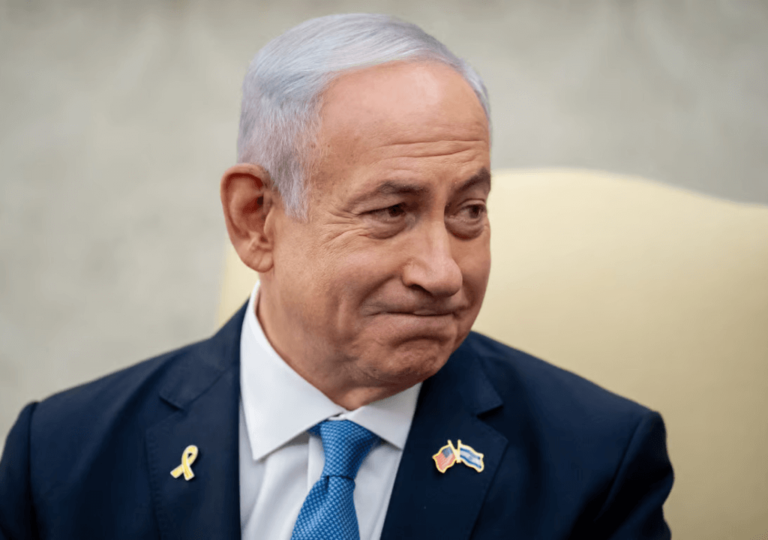
International Criminal Court issues arrest warrants for Netanyahu and Gallant over alleged war crimes and crimes against humanity in Gaza

International Criminal Court issues arrest warrants for Netanyahu and Gallant over alleged war crimes and crimes against humanity in Gaza
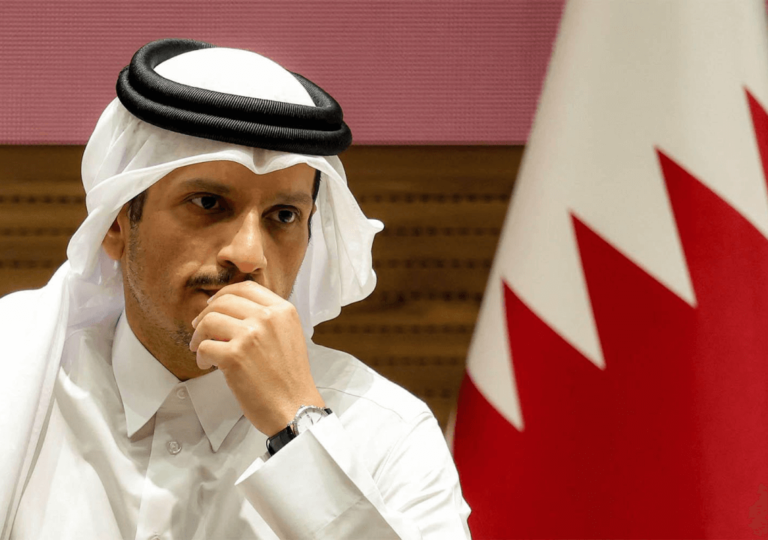
Qatar is stepping back from mediating between Hamas and Israel, citing lack of good faith from both sides

Donald Trump has been confirmed as the next U.S. president, defeating Kamala Harris in a historic election
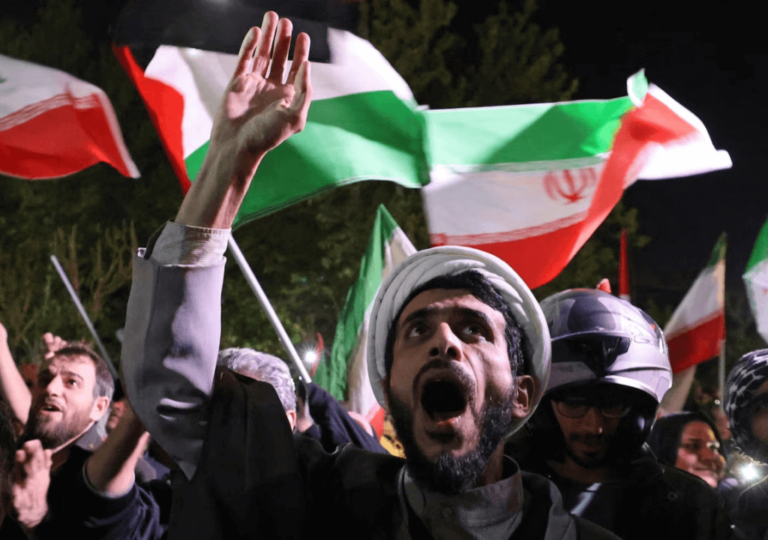
Israel and Iran's conflict escalates, with direct strikes exchanged, raising fears of broader regional war
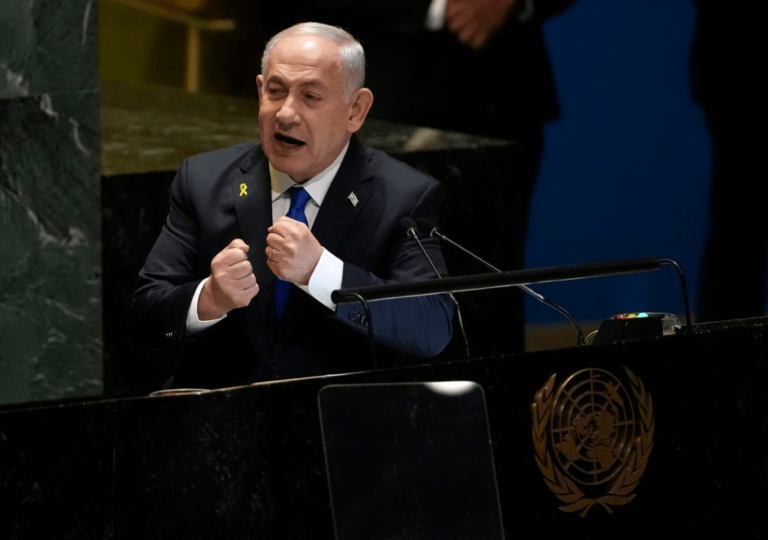
The United Nations struggles to maintain authority amid escalating global tensions, particularly in the Israel-Palestine conflict
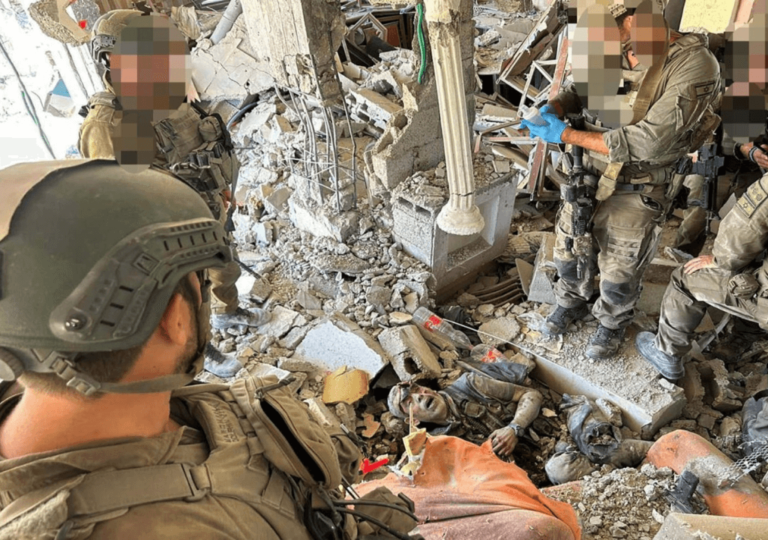
Israel has killed Yahya Sinwar, the mastermind behind the October 7th attack, escalating its war against Hamas and Hezbollah
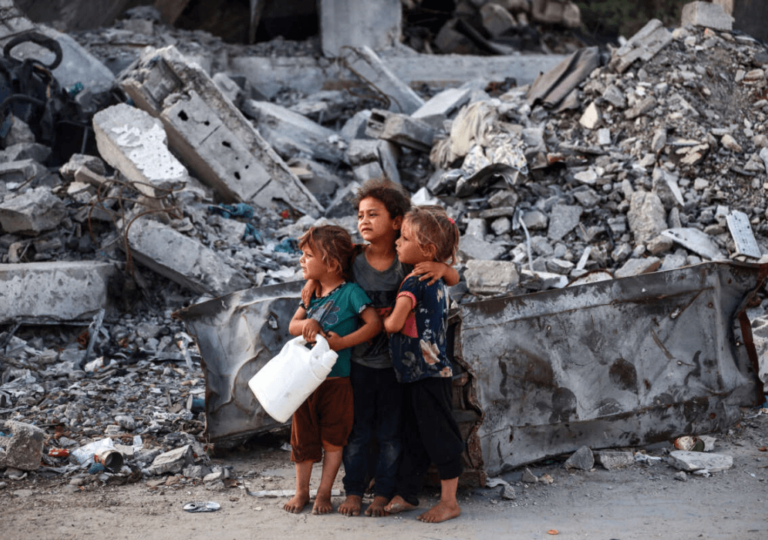
One year after Hamas's brutal attack on Israel, global commemorations highlight the ongoing conflict's devastating toll
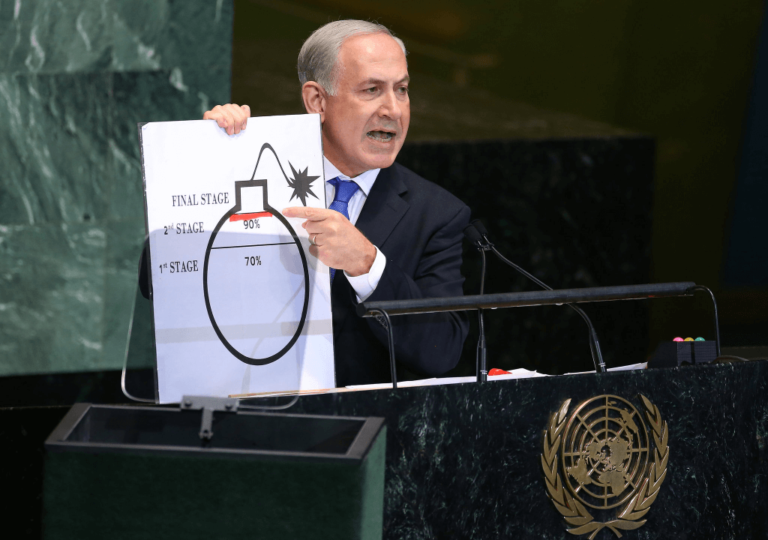
Iran faces potential fragmentation as Israel escalates its military strategy against the Islamic Republic, risking broader conflict
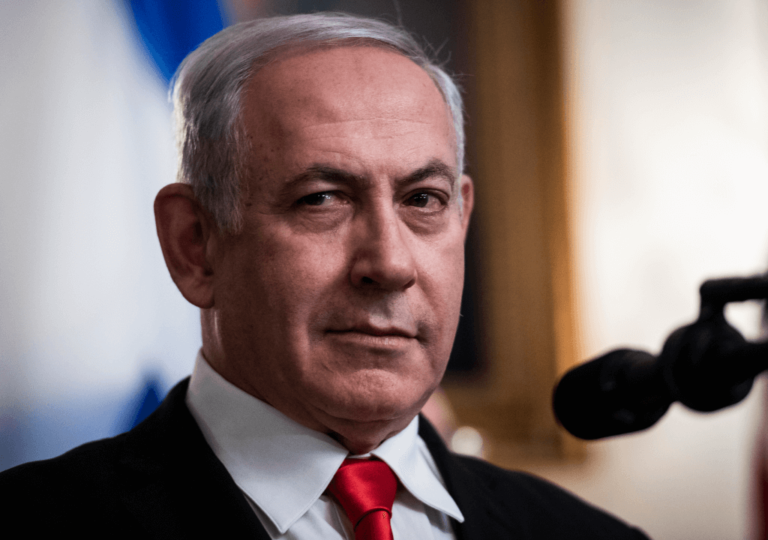
Tensions between Israel and Iran escalate as missile attacks raise fears of an all-out war, impacting regional stability
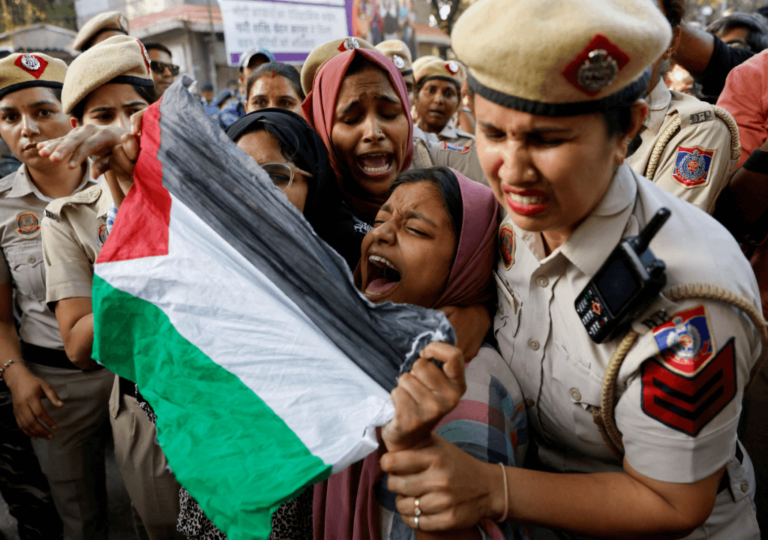
Protests in South Asia over the Israel-Palestine conflict reveal deep religious ties and societal divisions amid local issues